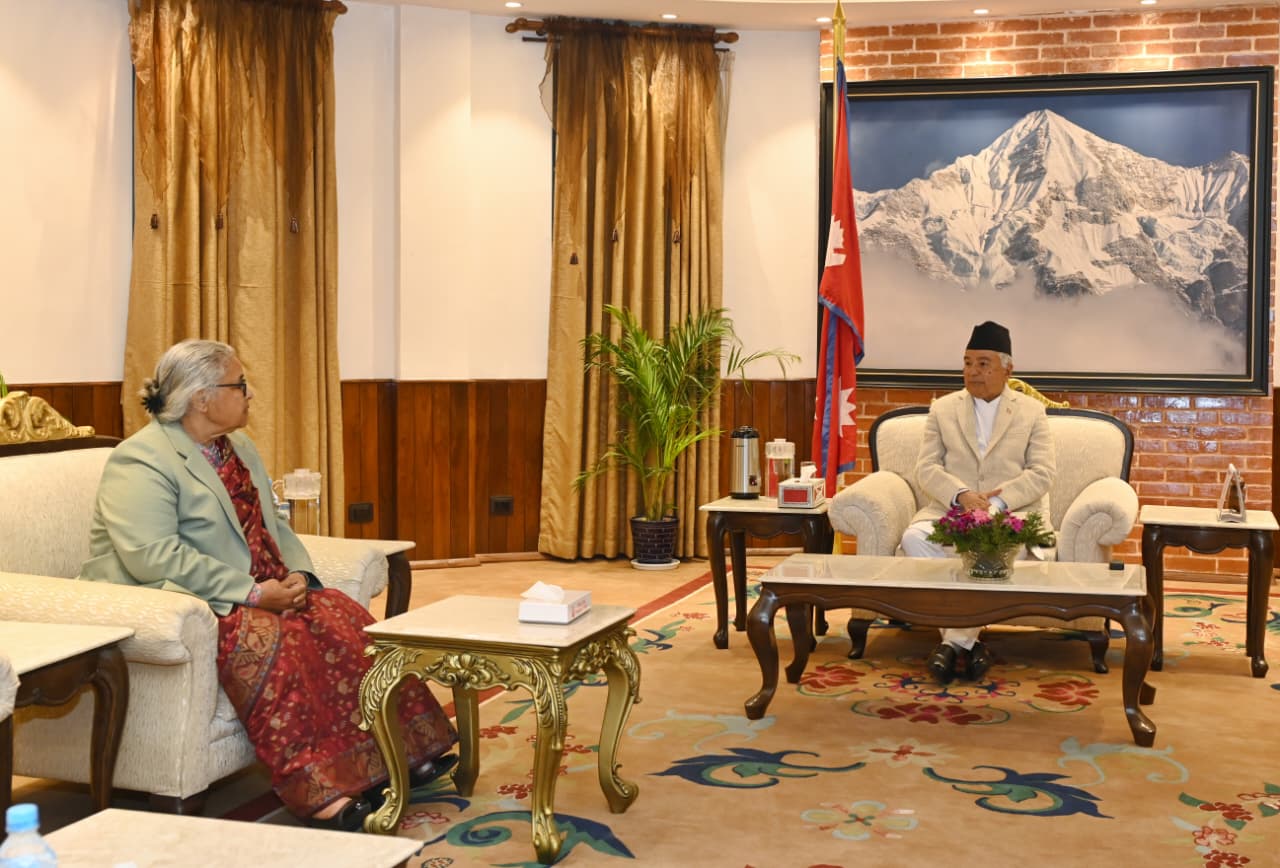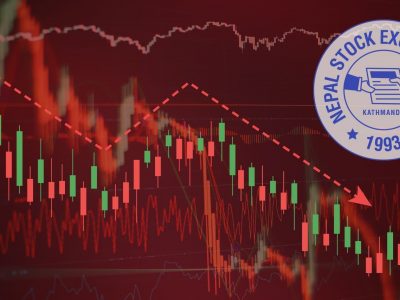OUR POWER, OUR PLANET: A Call to Action for Earth Day 2025- What Can We Do

I am writing this message due to the urgent recognition that we are living at a pivotal crossroads in human history. Climate science has made it clear that we are running out of time to prevent catastrophic environmental collapse. Yet, amidst this crisis lies an unprecedented opportunity to reshape our energy systems, values, and relationship with the planet. The theme of Earth Day 2025, OUR POWER, OUR PLANET, is not just a rallying cry but a reminder that the power to change course lies within us.
We stand at the precipice of irreversible climate collapse—yet also on the cusp of an extraordinary opportunity. Earth Day 2025 arrives with a resounding call to action, urging humanity to unite around a clear, bold mission: to triple global renewable energy capacity by 2030. This is not merely a slogan—it is a lifeline. It is the survival strategy of our time.
Fossil fuels continue to fuel extreme weather events, rising sea levels, ecosystem breakdowns, and the displacement of millions. Every delay deepens the damage. But we are not powerless. We are living in a moment where technology, awareness, and globalization will intersect like never before. We have the capacity, innovation, and knowledge to shift from an extractive economy to a regenerative one.
This mission is more than a scientific imperative—it is a moral obligation. Clean, renewable energy is not just about climate but health, equity, peace, and prosperity. It means air our children can breathe, water we can drink, and futures we can trust.
Tripling renewable energy by 2030 is possible, but only if academia, civil society, policymakers, and citizens step up now. The planet will not wait. Earth Day 2025 must be the spark that ignites a global transformation—one driven by our collective power and guided by our shared responsibility to safeguard this planet for generations to come.
Why: Because the Earth Can No Longer Absorb Our Indifference
The science is irrefutable. Fossil fuels are the leading cause of greenhouse gas emissions, and their continued use threatens the very systems that sustain life. They choke our skies with pollution, acidify our oceans, melt our glaciers, and unravel the balance of biodiversity. Every megawatt produced from coal, oil, or gas is a silent accelerant to climate chaos—a vote for droughts, floods, wildfires, and mass displacement. But the good news is that we hold the solution in our hands.
Every solar panel installed, every wind turbine erected, every investment in clean, renewable energy is a step toward healing—toward life. Transitioning to renewable energy isn’t just a matter of upgrading our infrastructure—it demands rethinking values, priorities, and systems. It’s not merely about switching fuels; it’s about transforming how we relate to the Earth and each other.
This Earth Day, we must acknowledge that the planet’s wounds reflect our fragmented and unsustainable ways of living. Our addiction to fossil fuels is a symptom of deeper systemic dysfunction—of economies that exploit, policies that delay, and cultures that deny. Clean energy offers a way forward—but only if we embrace it not as a technical fix but as the foundation for a new cultural paradigm built on equity, responsibility, and reverence for life.
How: Through Radical Collaboration and Relentless Innovation
Academics, policymakers, civil society, and the private sector must unite—not in parallel, fragmented efforts, but in bold, coordinated, and cross-sectoral action. The climate crisis does not recognize institutional boundaries or ideological divisions. It demands unprecedented collaboration, shared responsibility, and urgent execution. The time for isolated solutions has passed. Only unified, intersectional strategies can meet the scale and speed required to triple renewable energy by 2030.
Universities must transform into dynamic laboratories for sustainable futures—centers of knowledge production and solution implementation. Innovation must not be optional; it must be expected, incentivized, and linked directly to policy and practice. Governments must legislate now, not in five years, not when it’s politically convenient, but immediately, with bold laws that prioritize long-term planetary health over short-term profit.
Communities, especially those most affected by energy poverty and climate injustice, must be empowered to demand clean power as a fundamental right, not a privilege. And the private sector must no longer hide behind greenwashing—its resources, creativity, and influence must be directed toward genuine, inclusive transformation.
Technological progress must be matched with social justice. Access to clean energy must be universal. This is not the age of passive observation or academic detachment—it is the age of informed action, collective courage, and unapologetic ambition. Our shared power must now become our shared purpose.
When: The Tipping Point Is Not Tomorrow—It Is Today
The deadline is 2030, but the tipping point is no longer a distant threat—it is here, now, unfolding before our eyes. The next five years are not just important; they are everything. This is the defining decade for humanity and the planet. Delay is no longer just negligence—it is denial. Inertia is betrayal, not only of the planet but also of the generations that will inherit its damaged legacy.
Each month we hesitate, each policy we postpone, each investment we divert from renewables to fossil fuels locks in more suffering. Climate-induced disasters are accelerating, displacing millions, collapsing ecosystems, and eroding the fragile threads of global stability. The cost of inaction grows steeper by the day, while the window for meaningful change narrows.
Earth Day 2025 cannot be another round of empty promises or vague commitments. It must be a spark—a global ignition point for real, measurable, accelerated change. It must galvanize leaders, inspire youth, and mobilize every sector of society toward a common mission: tripling renewable energy capacity and delivering climate justice.
This is the moment to turn awareness into urgency, urgency into action, and action into transformation. We no longer have the luxury of time—we only have the power of now. Let Earth Day 2025 mark the turning of the tide, where the world unites not in fear, but in fierce determination to protect our only home.
Where: From the Global South to the Global North—Everywhere, Together
Energy injustice is a stark reflection of global inequality. The historical imbalance is undeniable—industrialized nations have contributed the lion’s share of greenhouse gas emissions, reaping the benefits of fossil-fueled growth. At the same time, the poorest and most vulnerable communities bear the brunt of the consequences. From rising sea levels that threaten small island nations to droughts devastating subsistence farmers, the climate crisis amplifies existing injustices. It exposes the moral bankruptcy of a system that values profit over people.
As we rally to triple renewable energy capacity by 2030, we must ensure this transformation is just and inclusive. Clean energy must not become the privilege of the few, but the right of all. This means investing in decentralized, accessible, and affordable energy solutions that reach every corner of the world—from remote Himalayan villages in Nepal to underserved communities in sub-Saharan Africa, from Indigenous territories in the Americas to marginalized urban centers in Europe and North America.
Earth Day 2025 must confront the uncomfortable truth: sustainability without equity is hypocrisy. A green future that excludes the many is no future at all. This is our opportunity to rewrite the rules—to ensure that as we power the planet with renewables, we also empower its people with justice, dignity, and opportunity. Let us build a future where clean energy uplifts all, not just a privileged few.
What: A Total Shift in Mindset, Policy, and Purpose
We are not merely installing windmills and solar panels but fundamentally rewriting humanity’s relationship with the Earth. The shift to clean energy is not a technical adjustment but a civilizational turning point. It challenges the systems that have shaped our economies, values, and aspirations for centuries. This transformation demands that we rethink economics beyond endless growth, reframe education to prioritize ecological literacy and collective responsibility, and redefine progress not by how much we extract, but by how much we restore.
Tripling renewable energy by 2030 is not just about emissions reductions—it’s about embracing a new ethos of interdependence and balance. It is about shifting from exploitation to regeneration, domination to partnership with the living systems that sustain us. This is a chance to break free from a worldview that treats nature as a commodity and people as disposable, and instead forge a future rooted in justice, respect, and harmony.
Let Earth Day 2025 be more than a celebration—it must be the inauguration of a new narrative: one in which humanity rises not as a conqueror of the planet but as its committed steward. This is a story where power means sustainability, not supremacy. This is the legacy we must build—not for applause but for survival, equity, and the sacred trust between people and planet.
In my opinion, OUR POWER, OUR PLANET is not just about electrons, grids, or infrastructure. It is about reclaiming our agency, unity, and sacred duty to the Earth. It is a call to awaken our collective will, not just to adapt to the future, but to shape it with wisdom and resolve. This moment asks us not merely to act, but to transform.
Let the halls of academia echo with purpose—where knowledge fuels bold innovation, and research serves the common good. Let every citizen see the solar revolution not as a fleeting trend but as a lasting torch, lighting the path toward justice, resilience, and regeneration.
We must rise—not only in protest, but in promise. This is not just a movement of resistance; it is a movement of creation, imagination, and resolve. It is the affirmation that we will not stand by as the planet burns. We will act, we will lead, and we will build a better world together.
For this is the decade that will define the centuries to come. History will ask what we did when the Earth cried out. Let our answer begin here, on Earth Day 2025.
I urge that we need to think from the all corners of society—academia, policy, civil society, business, and individuals—because I believe the transformation we need cannot be achieved in silos. It calls for urgent, coordinated, and courageous action to triple renewable energy by 2030. More than a technical feat, I see this as a moral and cultural imperative. The path we choose now will define the quality of life for generations.
We need to inspire, provoke, and mobilize ourselves. It is a call to rise—not just in resistance to destruction, but in commitment to creation. It is a declaration that sustainability without equity is hollow—and that the time for promises has passed. The time for purposeful action is now.
Let the countdown begin—with action.
Facebook Comment
latest Video
Trending News
- This Week
- This Month

















